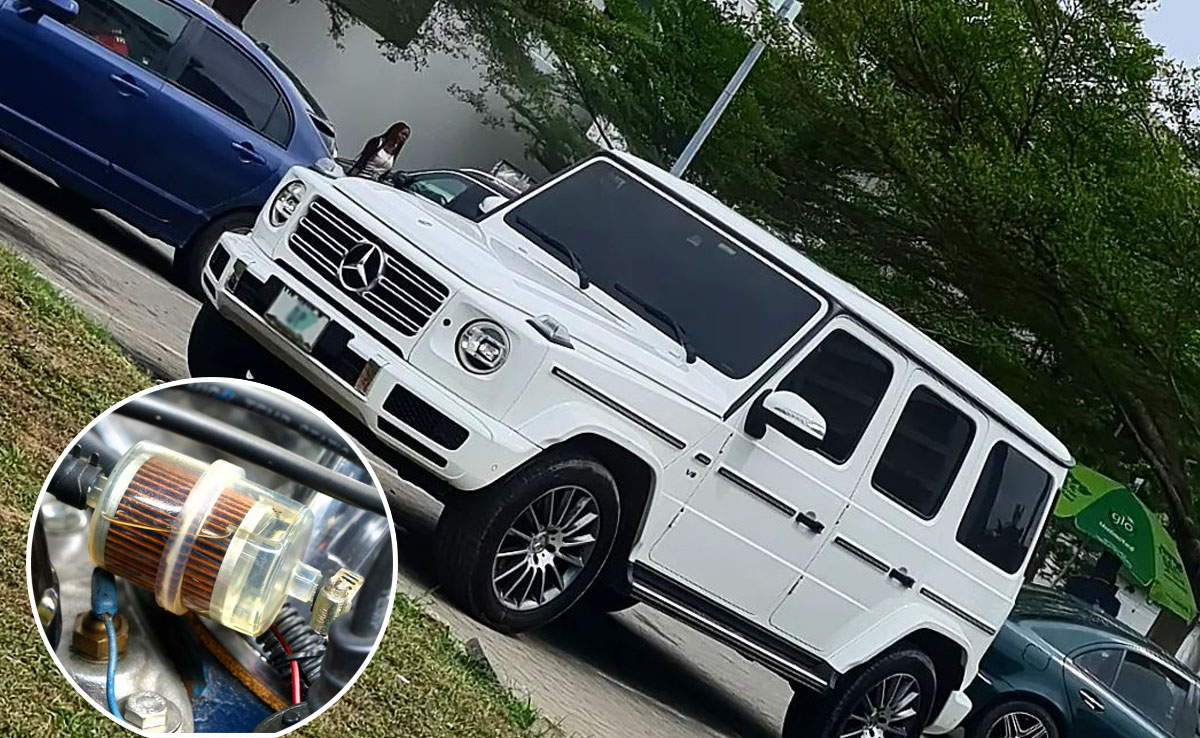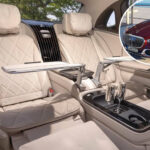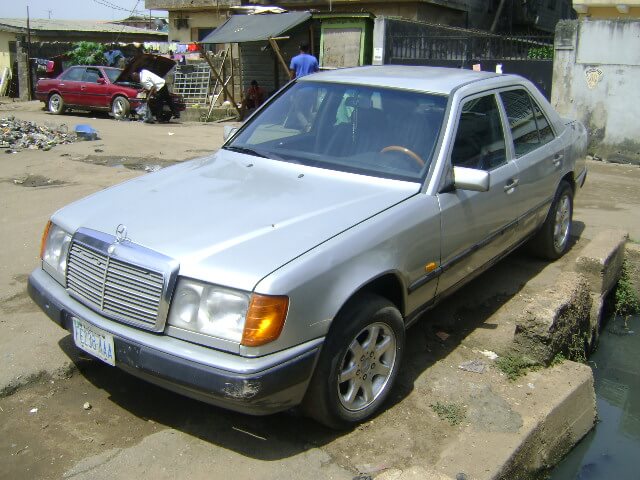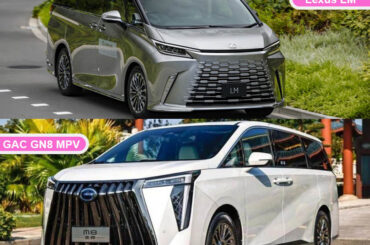Filling up your tank is such a routine task that it can seem pointless to keep track of how often you need to stop by the pump and how much fuel you use. You have to get the gas to get where you’re going anyway, so why keep a record?
Table of Contents
Gas consumption will inevitably vary within the same car depending on many outside factors. Temperature, travelling environment, and long trips will all play a part in your fuel efficiency. But the internal workings of your vehicle can affect your fuel efficiency, too, as can your personal habits.
When you keep track of your mileage and how often you have to fill up, you can gain some valuable insights into your car’s health that can help you save money on repairs down the line. You can also get an idea of some driving habits that you might want to change in order to save your car and your pocketbook.
Parts of Your Car that Affect Fuel Consumption
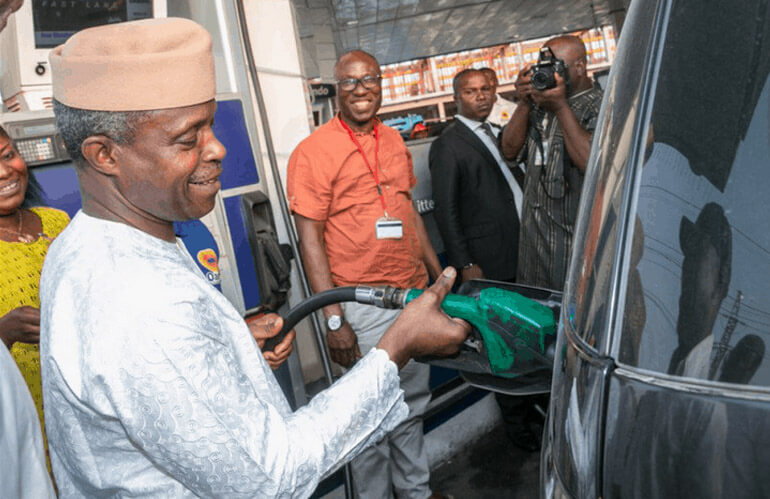
- Oxygen sensors, air filters, spark plugs, and fuel injectors
These four parts of your vehicle seem to be unrelated to your gas mileage, but they can seriously impact your fuel consumption. If you notice that your gas usage has gone up in recent months, make sure that these parts are clean and working correctly.
- Oil
Changing your oil at regular, manufacturer-recommended intervals can help you lower your fuel consumption. If you’ve noticed that your fuel efficiency is declining, and you also haven’t changed your oil in the recent past, old oil may be a culprit.
For newer vehicles (2013 or later), car manufacturers have improved their fuel and oil technologies so that you should only have to change your oil every 7,000-10,000 miles. Compared to older cars that required oil changes every 3,000 miles, this not only improves your fuel economy but also saves you time and money.
- Tires
Even if your tire pressure indicator isn’t beaming brightly, your tires may be under-inflated, and that could cause a decrease in fuel efficiency. Use a simple tire pressure gauge (available at just about any grocery or auto parts store) to check each tire’s pressure. Make sure to do so before you turn on your car for the day because cool tires will give you the most accurate pressure reading.
If you notice that your tires look visibly under-inflated, you are already well past the time when you should have filled up your tires. Poorly inflated tires decrease traction and increase the number of times that your tires have to rotate in order to move the same amount of distance. It’s important to fill your tires to the recommended psi as over-inflation and under-inflation can negatively influence your fuel consumption.
- Air Conditioning
On really hot days, using air conditioning can put a lot of strain on your engine and hurt your fuel efficiency. To alleviate this problem, crack a window until your car’s internal temperature is at or lower than the exterior temp. Keep in mind, however, that it’s better to keep the windows closed when you’re driving at highway speeds because it reduces the amount of drag on your vehicle.
Habits that Affect Fuel Consumption
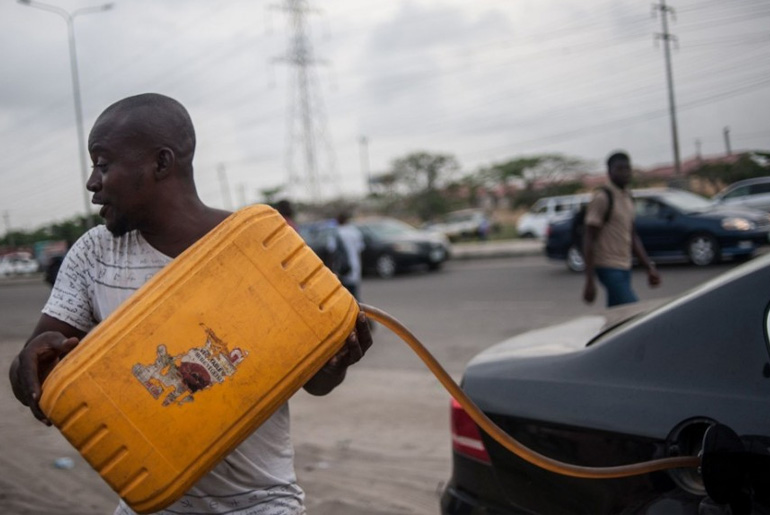
- Idling
This habit seems like a no-brainer, but it is a gas-waster that is often overlooked, forgotten, or ignored. If you are in a location where you can completely turn off your engine, you should do it. Shutting off your car is not only better for your fuel usage, but it also prevents unnecessary wear and tear on your vehicle. If you’re in a situation where you can’t turn your engine off entirely (such as on a hot day while you’re waiting to pick someone up from school), at least put it into neutral.
- Using the Wrong Gear
If your car has a manual transmission (stick shift), make sure to use the appropriate gear. If you’re pulling heavy loads, you should use a lower gear, so your engine doesn’t have to work harder than it needs to. Similarly, make sure to use a higher gear when travelling at faster speeds. The long and short is this: listen to your engine. If it sounds like it is overworking or underworking, you are probably wasting gas.
- Aggressive Driving
This bad habit is threefold – driving too fast, accelerating too quickly, and stopping too suddenly. All three of these actions lead to high fuel consumption. Where possible, you should accelerate slowly and drive at the speed of traffic. Give yourself enough space between you and the person ahead of you so that you can stop gradually without slamming on the brakes. A natural, brakeless deceleration, where possible, can help you increase your fuel efficiency.
Conclusion
If you haven’t ever paid attention to your fuel consumption, it is never too late to start. Some newer vehicles have a sensor to do that for you, but a small notebook that you use to jot down your odometer, trip, and fill-up readings is a low-tech way to keep track of where your money and fuel are going. If you notice that your fuel efficiency is below par or that it has decreased over time, go through the list above and make some modifications to help put some of that gas money back in your pocket.
Have 1 million naira and above to Buy or Sell Cars In Nigeria? Check carlots.ng
All rights reserved. Reproduction, publication, broadcasting, rewriting, or redistribution of this material and other digital content on carmart.ng is strictly prohibited without prior express written permission from Carmart Nigeria - Contact: [email protected]

